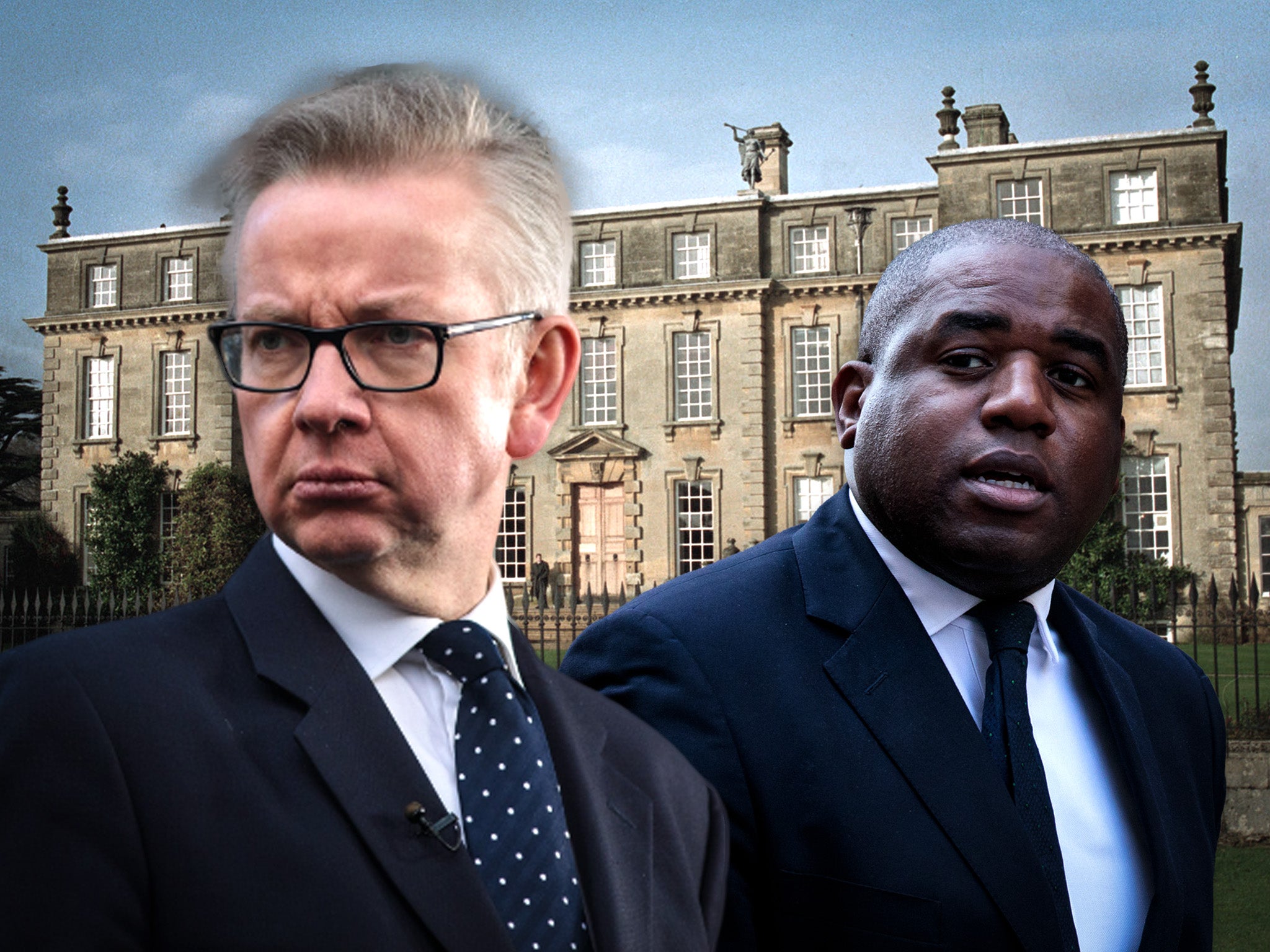Brexit is costing UK £1,000 per household, says Bank of England official
Business investment ‘stopped in its tracks’ by exit from EU, says central bank expert

Brexit has caused a decline in business investment which is costing the average UK household around £1,000, a leading Bank of England official has warned.
Jonathan Haskell, an external member of the central bank’s Monetary Policy Committee (MPC), said investment had been “stopped in its tracks” by the decision to leave the EU.
He revealed that the Bank had calculated that the hit to business investment has led to a drop in productivity worth about 1.3 per cent of GDP – around £29bn.
The expert said Britain was an “extreme outlier” when it comes to the productivity slowdown, adding: “We suffered much more. A bit of that is that we have this larger financial sector. But I think it really goes back to Brexit.”
Mr Haskell told The Overshoot, a finance newsletter: “We had a big boom [investment] between 2012-ish to 2016, but then investment just plateaued from 2016, and we dropped to the bottom of G7 countries.”
On the productivity penalty from Brexit, the Bank of England expert said: “That 1.3 per cent of GDP is about £29bn, or roughly £1,000 per household.”
Mr Haskel also warned that high levels of inactivity in the labour market is a distinctly British problem amid the grim economic outlook.
“We have a big increase in the number of people who are inactive – the fall in the number of people who are active in the labour market – which is quite a British thing,” he said. “Inactivity behaviour here looks very different to other countries.”
It comes as the UK’s former chief Brexit negotiator has urged Rishi Sunak’s government to “fully and enthusiastically embrace the advantages of Brexit” as he warned of a secret establishment plot to undermine the agreement.
Lord Frost referred to a “secret” cross-party gathering, held at the Ditchley Park retreat in Oxfordshire last week, as “a further piece of evidence that many in our political and business establishment want to unravel the deals we did to exit the EU in 2020”.
He told the Daily Mail: “That’s why so many of those responsible for Theresa May’s failed backstop deal were there, while I and those who actually delivered the Brexit agreements were not.”
Nigel Farage used the summit as evidence that a “full sell out of Brexit is under way”, while former Tory minister Sir John Redwood added: “Instead of talking of sell out at private conferences the UK establishment needs to complete Brexit and use its freedoms.”

It was originally reported by The Observer that levelling up secretary Michael Gove – who co-led the Vote Leave campaign in 2016 – was in attendance alongside senior members of Sir Keir Starmer’s shadow cabinet, including Labour’s shadow foreign secretary David Lammy.
Lord Frost continued: “Brexit doesn’t need ‘fixing’. It needs this Conservative government, elected with a huge mandate on a Brexit programme, to fully and enthusiastically embrace its advantages instead of leaving the field to those who never wanted it in the first place.
The significance of the event was played down by sources with knowledge of the meeting. One familiar with the event said it was a “quite dull conference” on foreign affairs, not just on ways to improve ties with the EU.
It is understood Mr Gove attended the meeting because he is a governor at Ditchley Park. He no longer has any role in setting the government’s Brexit policy.
A Labour source said: “This was a bog standard Ditchley Park conference. Their events are always cross-party.”
Downing Street said Mr Sunak had not been aware in advance of the cross-party gathering at the retreat.
But the Leave-voting PM was forced to defend his Brexit credentials as the summit came amid concerns including from unionists and Tory hardlines that he is about to offer too many concessions to the EU on the Northern Ireland protocol.
Mr Sunak told broadcasters during a visit to Oldham: “I was proud to vote for Brexit and now as prime minister I’m keen to make sure we deliver the benefits of it.”
The UK and the EU are thought to be approaching a solution to ease trade issues arising from the protocol, but the role of European judges in overseeing disputes has not been agreed upon. Officials are not expecting an announcement this week.





Join our commenting forum
Join thought-provoking conversations, follow other Independent readers and see their replies
Comments